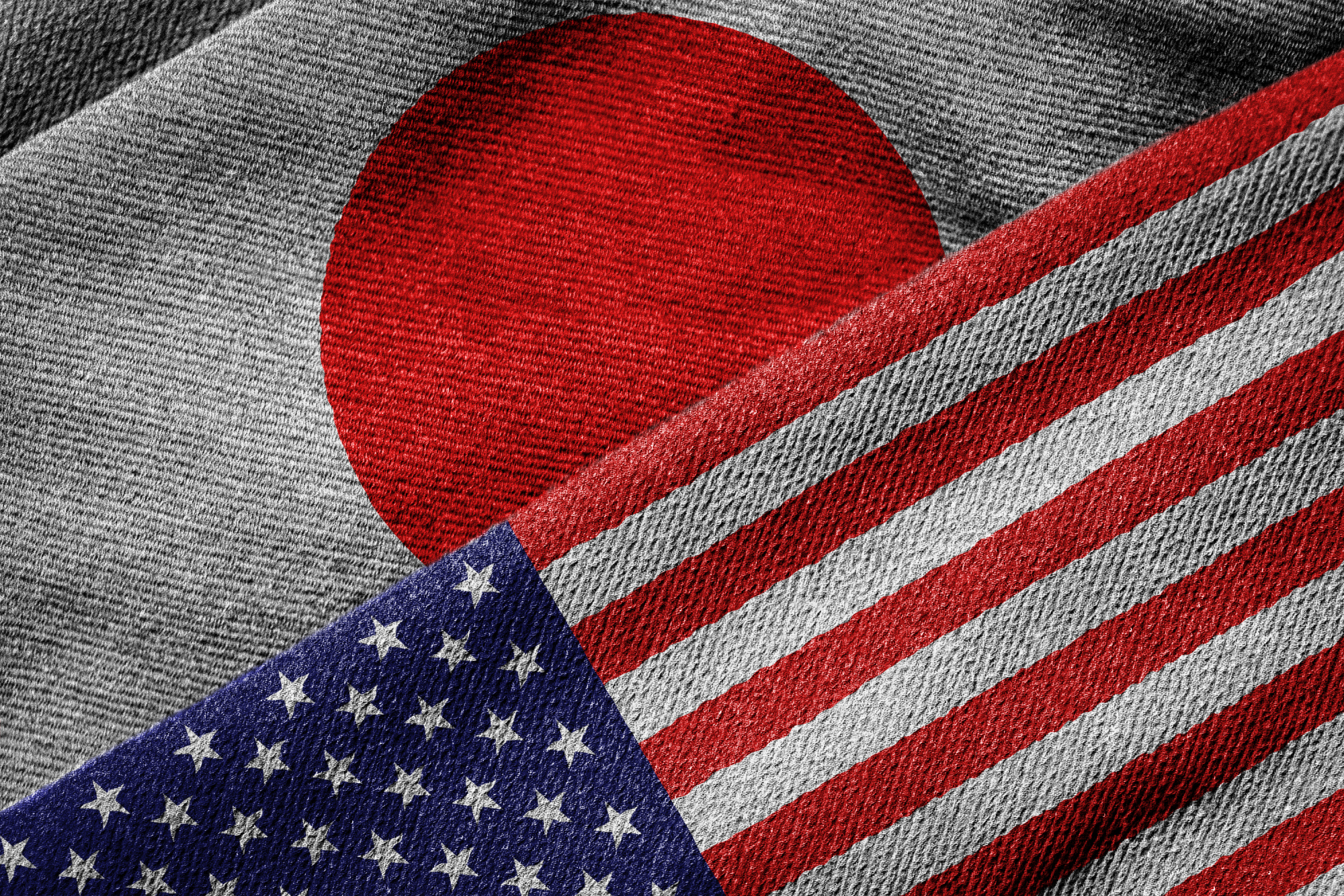Have you ever heard of the Mount Fuji Dialogue? It is a series of annual meetings for business and policy dialogue among prominent policymakers as well as political, economic and military experts from both Japan and the United States. The dialogue has been organized in Japan since 2014 and this year marks its fifth meeting.
Last week I was lucky to be able to join the dialogue because my old friend was running the secretariat of the program. The discussions were much more lively and fruitful than I had expected. However, I cannot refer to specific participants' views because the dialogue was conducted under the Chatham House Rule, which states, "participants are free to use the information received, but neither the identity nor the affiliation of the speaker(s), nor that of any other participant, may be revealed."
Arguably, the Mount Fuji Dialogue, with roughly 140 participants this year (70 Americans and 70 Japanese), is the only annual bilateral platform for policy discussions among influential business and policy leaders. For those who have been involved in Japan-U.S. relations, however, the Mount Fuji Dialogue is not the only program of this kind. The first forum for Japanese and American political and economic leaders to have high-level but unofficial discussions of critical issues in U.S.-Japan relations in postwar Japan was the Shimoda Conference of 1967. It was named after one of the two Japanese ports that were opened under the Convention of Kanagawa, signed in 1854.

















With your current subscription plan you can comment on stories. However, before writing your first comment, please create a display name in the Profile section of your subscriber account page.